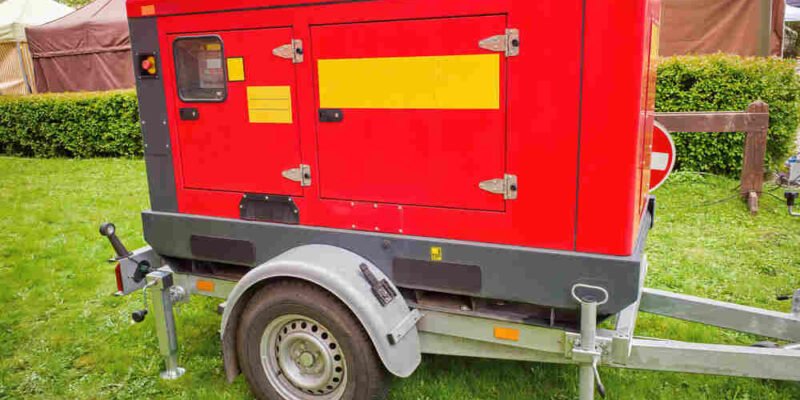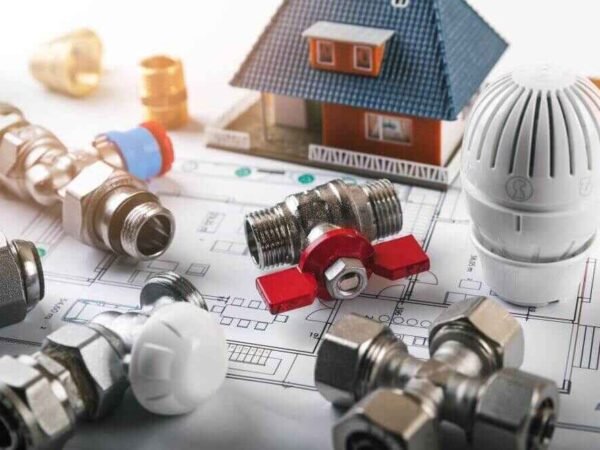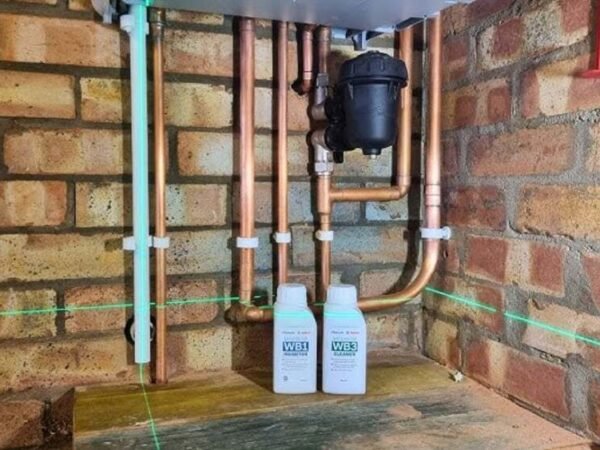Choosing the right generator for your power needs is crucial, whether for home use, outdoor activities, or emergency backup. The decision often comes down to two primary types: petrol (gasoline) and diesel generators. Each has unique advantages and disadvantages, making them suitable for different scenarios. This article delves into the key considerations that should guide your choice between petrol and diesel generators, focusing on power output, cost efficiency, environmental impact, and maintenance requirements. By the end, you will better understand which generator type best suits your specific needs.
How Generators Work
Generators convert mechanical energy into electrical energy, providing power when the main electricity supply fails. This function is vital during power outages or areas without a reliable grid. Generators come in various sizes and capacities, making them versatile for multiple uses, from home backup to powering equipment in remote locations.
Petrol Generators: An Overview
Petrol generators are renowned for their portability and versatility. They run on gasoline, which is easily accessible at most fuel stations. This convenience makes them popular for recreational activities such as camping, tailgating, and DIY projects. Petrol generators are typically lighter and more compact, which enhances their portability and ease of use.
Diesel Generators: An Overview
Diesel generators, on the other hand, are known for their durability and fuel efficiency. Diesel fuel is less flammable and more stable than petrol, offering better fuel economy over prolonged use. Due to their reliability and longevity, these generators are preferred for heavy-duty applications and extended use. Diesel engines are designed to handle larger loads and run continuously for long periods.
Key Considerations: Petrol vs. Diesel Generators
Power Requirements and Usage
Understanding your power needs is the first step in choosing between a petrol and diesel generator. Petrol generators are well-suited for occasional use and lower power demands. They are ideal for short-term, intermittent use. Conversely, diesel generators are better for sustained power output and heavy-duty applications. They can handle higher loads and provide continuous power, making them suitable for industrial and large-scale operations.
Noise Levels and Vibration
Noise can be a significant factor, especially in residential areas or during outdoor events. Petrol generators are generally noisier and produce more vibration compared to diesel generators. Diesel generators operate more quietly and with less vibration, making them a better choice if noise reduction is a priority.
Fuel Availability and Storage
Fuel availability and storage are critical considerations. Petrol is widely available but has a shorter shelf life and is more volatile, making it less ideal for long-term storage. Diesel fuel, in contrast, is more stable and has a longer shelf life, making it a better choice for emergency backup situations. Diesel’s stability also means it can be stored for extended periods without significant degradation.
Upfront Cost vs. Long-Term Expenses
Petrol generators typically have a lower initial cost, making them an attractive option for those with limited budgets or needing a generator for occasional use. However, despite their higher upfront cost, diesel generators offer better long-term value. They are more fuel-efficient and have a longer lifespan, which can lead to cost savings over time. The reduced fuel consumption of diesel generators can offset their higher purchase price.
Power Output Capabilities
Diesel generators usually provide higher power output capabilities than petrol generators. If you need to run multiple high-power appliances simultaneously or require significant electricity, a diesel generator is likely the better option. Petrol generators are suitable for smaller, less demanding applications.
Efficiency and Fuel Consumption
Diesel generators are known for their fuel efficiency. They consume less fuel per unit of power generated compared to petrol generators. If you anticipate frequent or prolonged use, a diesel generator can be more economical due to its efficient fuel consumption. This efficiency translates to lower operational costs over time.
Portability and Size
Portability is another crucial factor. Diesel generators tend to be heavier and bulkier than petrol generators, making them less practical for portable applications. If you need a generator you can quickly move, a petrol generator might be more suitable due to its lighter weight and smaller size.
Starting Mechanisms and Ease of Use
Petrol generators often have simpler starting mechanisms, such as a pull cord, which can be easier for users who prefer a straightforward operation. Diesel generators are sometimes more complex and generally designed for heavy-duty use and long-term reliability.
Environmental Impact
When considering the environmental impact, petrol generators typically produce lower carbon emissions than diesel generators. If reducing your carbon footprint is a priority, a petrol generator may be the more environmentally friendly. Diesel engines, while more efficient, tend to emit more pollutants.
Emission Regulations
Compliance with emission regulations can be easier with petrol generators, as they generally produce fewer emissions than diesel generators. Depending on your location, emissions regulations influence your choice, making petrol generators a more compliant option.
Maintenance Requirements
Petrol generators are generally easier to maintain and require less frequent servicing than diesel generators. Diesel engines are robust and designed for long-term use but need regular maintenance to ensure optimal performance. If you prefer a generator with less demanding maintenance needs, a petrol generator is likely more convenient.
Durability and Lifespan
Diesel generators are built for durability and longevity, making them ideal for long-term, continuous use. They are robust and can withstand heavy loads and extended operation periods. A diesel generator is a worthwhile investment if you need a generator that will last for many years and can handle demanding conditions.
Making the Right Choice
Ultimately, deciding between a petrol and diesel generator depends on your specific needs and circumstances. A petrol generator may be the best fit if you value portability, ease of use, and lower initial costs. However, a diesel generator could be the better choice if you prioritize fuel efficiency, durability, and long-term cost savings. Consider your power requirements, budget, environmental concerns, and maintenance preferences to make an informed decision.
By carefully weighing these factors, you can select the generator that best meets your needs and ensures a reliable power supply during outages or in remote locations. Choose wisely, and enjoy peace of mind with a dependable generator tailored to your unique requirements.
Do Read: Reasons To Extend Your Loft













